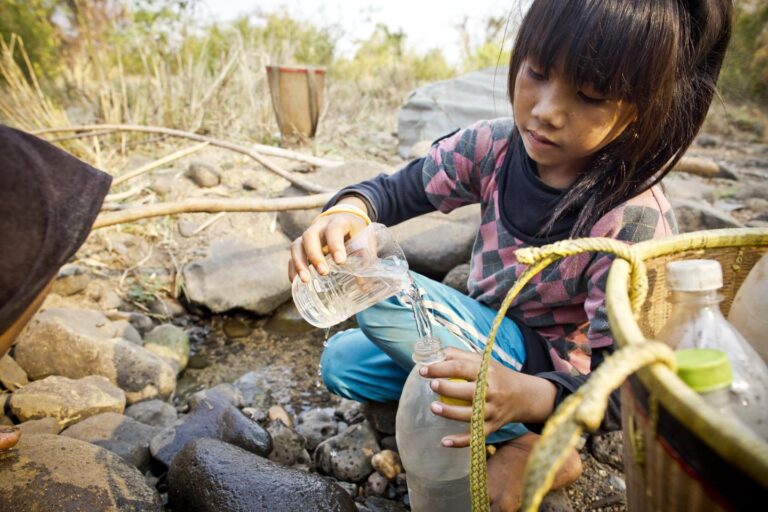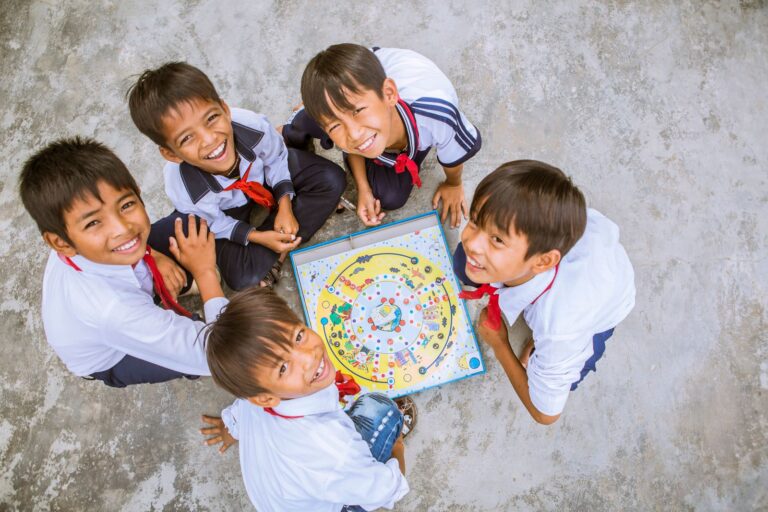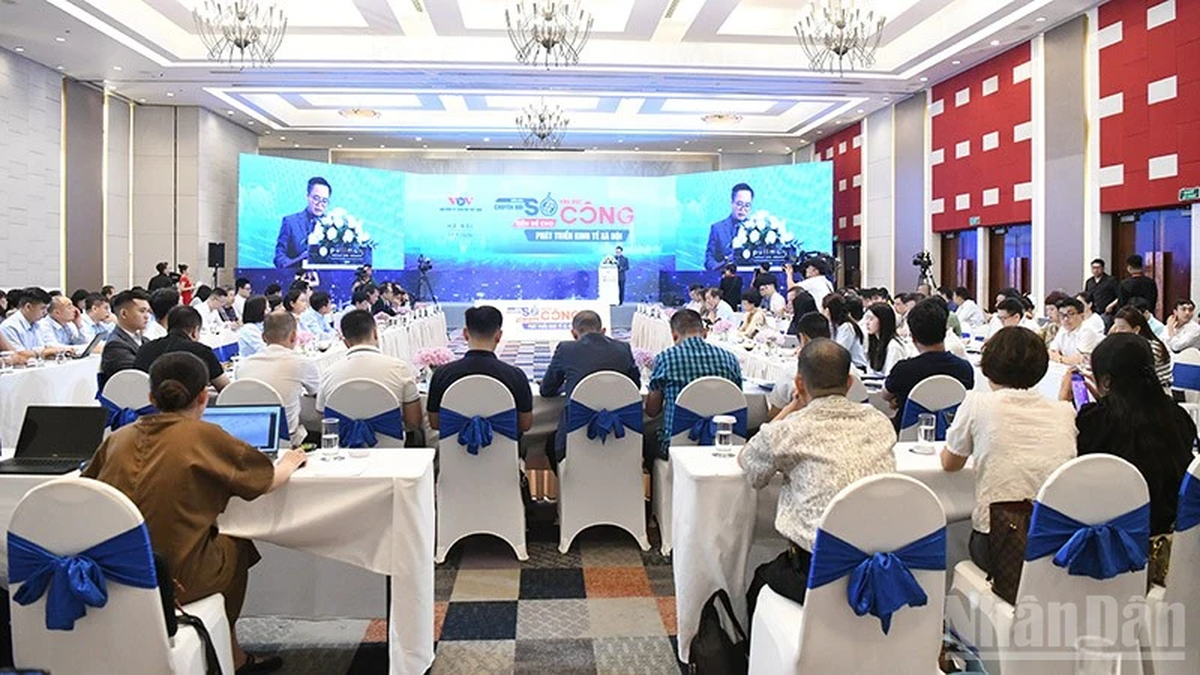On September 18, the United Nations Committee on the Rights of the Child released new guidance calling on governments to take action to protect boys and girls from the deepening climate crisis.
The guideline, entitled “General Recommendation No. 26”, marks the first time that the United Nations Committee on the Rights of the Child (the Committee) has affirmed that children have the right to a healthy and sustainable environment.
The guide also explains the obligations of States under the United Nations Convention on the Rights of the Child, which has been ratified by 196 countries. The 1989 United Nations Convention on the Rights of the Child sets out children's rights, including the right to life, health, clean drinking water and development.
[caption id="attachment_601044" align="alignnone" width="768"] The United Nations Committee on the Rights of the Child affirms that children have the right to live in a clean and sustainable environment. (Photo: UNICEF)[/caption]
The United Nations Committee on the Rights of the Child affirms that children have the right to live in a clean and sustainable environment. (Photo: UNICEF)[/caption]General Recommendation 26 provides legal guidance on how children's rights are affected by a particular topic or legal area, covering the latest environmental rights with a particular focus on climate change.
Children are at the forefront of the fight against climate change, said Commission member Philip Jaffé, calling on governments and corporations to act to protect their lives and futures.
“With General Recommendation No. 26, the United Nations Committee on the Rights of the Child not only promotes children's voices but also clearly identifies children's rights related to the environment that member states need to respect, protect and jointly implement early,” Mr. Philip Jaffé emphasized.
General Recommendation 26 addresses the climate emergency, the loss of biodiversity and widespread pollution. According to the General Recommendation, States have a responsibility not only to protect children’s rights from immediate harm but also to be accountable for foreseeable future violations of children’s rights resulting from actions or inactions today.
The joint recommendation also highlights that states can be held accountable for environmental damage occurring both within and beyond their borders. Countries that have ratified the UN Convention on the Rights of the Child are called upon to take immediate action, including moving towards phasing out fossil fuels and shifting to renewable energy sources, improving air quality, ensuring access to clean water and protecting biodiversity.
New guidance from the UN Committee on the Rights of the Child makes clear that children's views must be considered when making decisions about the environment and highlights the important role of environmentaleducation .
David Boyd, the UN Special Rapporteur on Human Rights and the Environment, called General Recommendation 26 “a significant step forward” in recognizing that every child has the right to live in a healthy and sustainable world . He said governments must now take urgent action to address the global environmental crisis.
[caption id="attachment_601045" align="alignnone" width="768"] Vietnam is one of the most vulnerable countries in the world to climate change, with children and women being particularly at risk. (Photo: UNICEF)[/caption]
Vietnam is one of the most vulnerable countries in the world to climate change, with children and women being particularly at risk. (Photo: UNICEF)[/caption]General Recommendation 26 is the result of global and intergenerational engagement, including extensive consultations with United Nations Member States, international and regional organizations, national human rights institutions, civil society organizations and children themselves.
The UN Committee on the Rights of the Child partner, Swiss international NGO Terre des Hommes, led this engagement effort, involving stakeholders at multiple levels, engaging many children through online consultations. The United Nations Children's Fund (UNICEF) also provided additional technical expertise and helped gather children's views as part of the consultation process.
General Recommendation 26 supports the interpretation of States' commitment under the Paris Agreement on Climate Change to respect, promote and take into account children's rights obligations when taking climate action.
“The climate crisis is a child rights crisis,” said Paloma Escudero, UNICEF Special Adviser on Child Rights Advocacy and Climate Action. “Governments have an obligation to protect the rights of every child, everywhere on the planet, especially girls and boys living in countries that have done little to cause the problem but are experiencing the most dangerous floods, droughts, storms and heatwaves.”
The United Nations Convention on the Rights of the Child (UNCRC) is the basis for all of UNICEF's work. It is the most comprehensive statement of children's rights ever made and the most widely ratified human rights treaty in the world - it has even been adopted by non-governmental organizations, such as the Sudan People's Liberation Army (SPLA), a rebel movement in South Sudan. All UN member states except the United States have ratified the Convention. It entered into force in Vietnam on 20 December 1990.
Tra Khanh




































































































Comment (0)